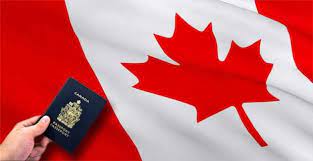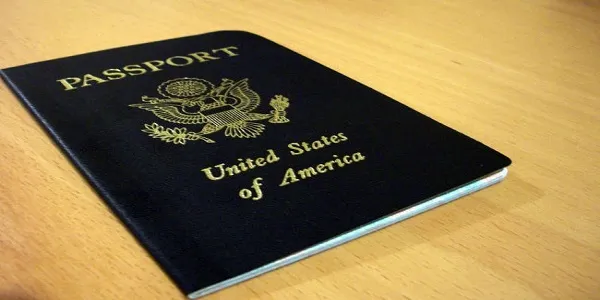Are you an entrepreneur looking to expand your business in Canada? Or perhaps a skilled worker seeking career opportunities in the Great White North? Whatever your reason for considering a move to Canada, it’s important to understand the different types of business visas available and their unique benefits. In this blog post, we’ll break down everything you need to know about Canada’s various business visa programs and how they can help propel your professional journey forward. From startup visa options to provincial nominee programs, let’s explore what makes each type of business visa special and which one may be right for you! Canada Business Visa
What is a Canada Business Visa?
A Canada business visa is a type of visa that allows foreign nationals to enter Canada for the purpose of conducting business activities. There are two types of Canada business visas: the Business Visitor Visa and the Temporary Resident Visa. The Business Visitor Visa is for foreign nationals who wish to come to Canada for business purposes such as attending meetings or conferences, negotiating contracts, or conducting research. The Temporary Resident Visa is for foreign nationals who wish to come to Canada to start up a new business or invest in an existing Canadian business.
The benefits of having a Canada business visa include being able to legally enter and stay in Canada for the purpose of conducting business activities, being able to work in Canada, and being able to apply for a permanent residence visa after completing the requirements.
Types of Canada Business Visas
There are three types of business visas available for Canada: the Business Visitor Visa (B-1), the North American Free Trade Agreement Professional (TN) Visa, and the Intra-Company Transferee (L-1) Visa.
The Business Visitor Visa (B-1) is for individuals who are coming to Canada temporarily for business purposes such as attending business meetings or conferences, negotiating contracts, or conducting research. This visa does not allow the holder to engage in any gainful employment while in Canada.
The North American Free Trade Agreement Professional (TN) Visa is for citizens of Mexico and the United States who are working in certain professional occupations. To be eligible for this visa, the individual must have a job offer from a Canadian employer in one of the eligible occupations, and must meet the specific requirements for that occupation.
The Intra-Company Transferee (L-1) Visa is for employees of an international company who are being transferred to a branch, subsidiary, or affiliate of that company in Canada. To be eligible for this visa, the employee must have worked for the company abroad for at least one year within the three years preceding their application. Canada Visa Application
Start Up Visa
If you’re looking to start a business in Canada, you may be eligible for a start-up visa. This type of visa is designed for entrepreneurs who have an innovative business idea and the skills to make it happen. To be eligible, you must meet certain requirements and have a letter of support from a designated organization.
If you’re interested in applying for a start-up visa, here’s what you need to know.
The Requirements
There are three main requirements you’ll need to meet in order to be eligible for a start-up visa:
You must have a validated letter of support from a designated organization. A designated organization is usually a venture capital fund, angel investor group, or business incubator.
You must be able to show that your business idea is innovative and has the potential to succeed. This usually involves providing a business plan and other supporting documentation.
You must have the skills and experience necessary to run your proposed business. This includes having relevant education and/or work experience.
The Benefits
Self-Employed Visa
If you’re self-employed, you may be eligible for a business visa. The requirements for this visa vary depending on the country you’re applying from. However, in general, you’ll need to show that you have the skills and experience needed to run a business in Canada.
There are two types of business visas for self-employed applicants: the Start-up Visa and the Self-Employed Persons Program.
The Start-up Visa is for entrepreneurs who want to start a new business in Canada. To be eligible, you must have a validated letter of support from a designated Canadian organization. This could be a venture capital fund, angel investor group, or business incubator.
The Self-Employed Persons Program is for individuals who are already self-employed and want to move to Canada. To be eligible, you must have at least two years of relevant experience in the last five years. You’ll also need to show that your self-employment is likely to generate enough income to support yourself and your family in Canada.


